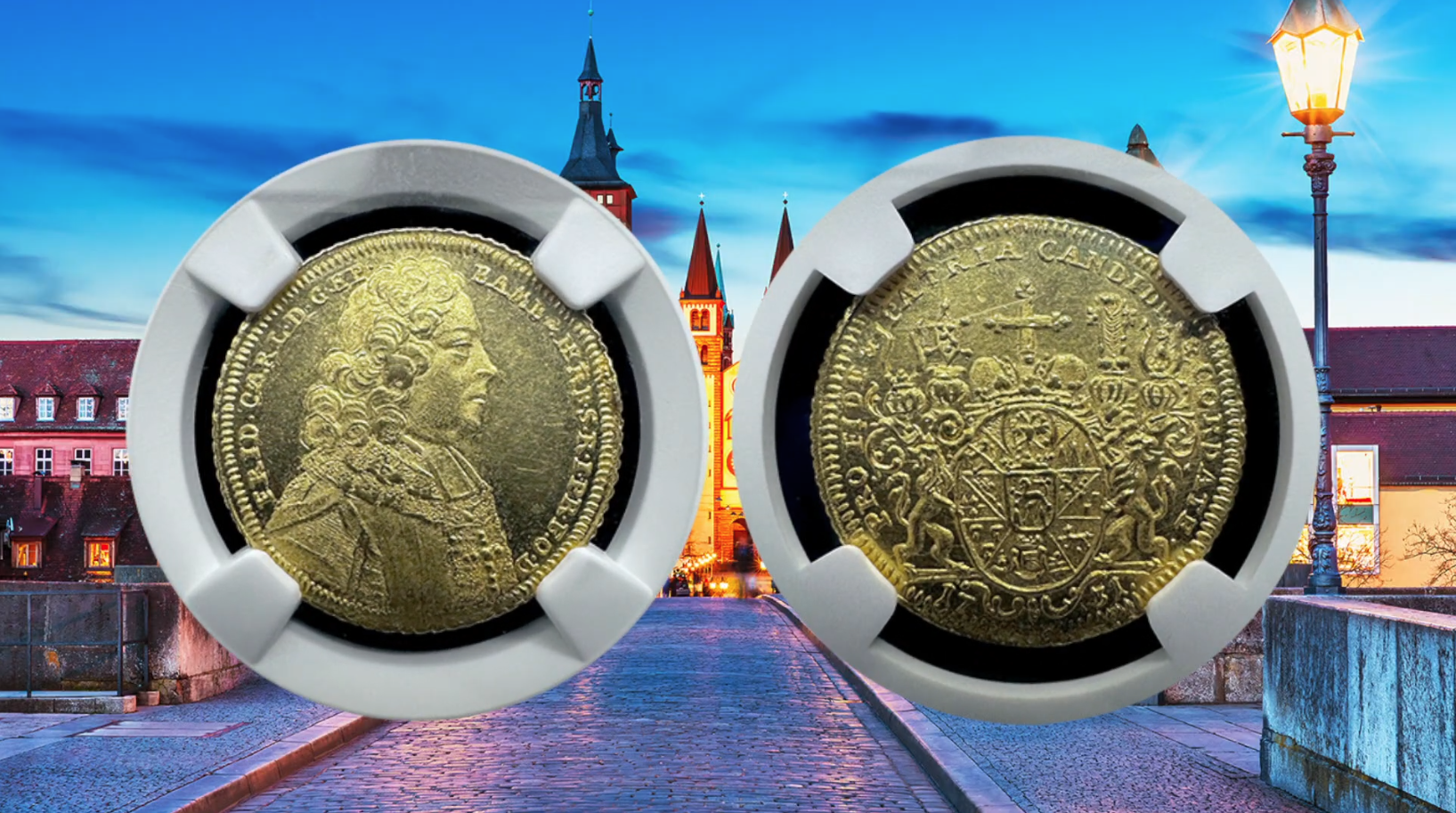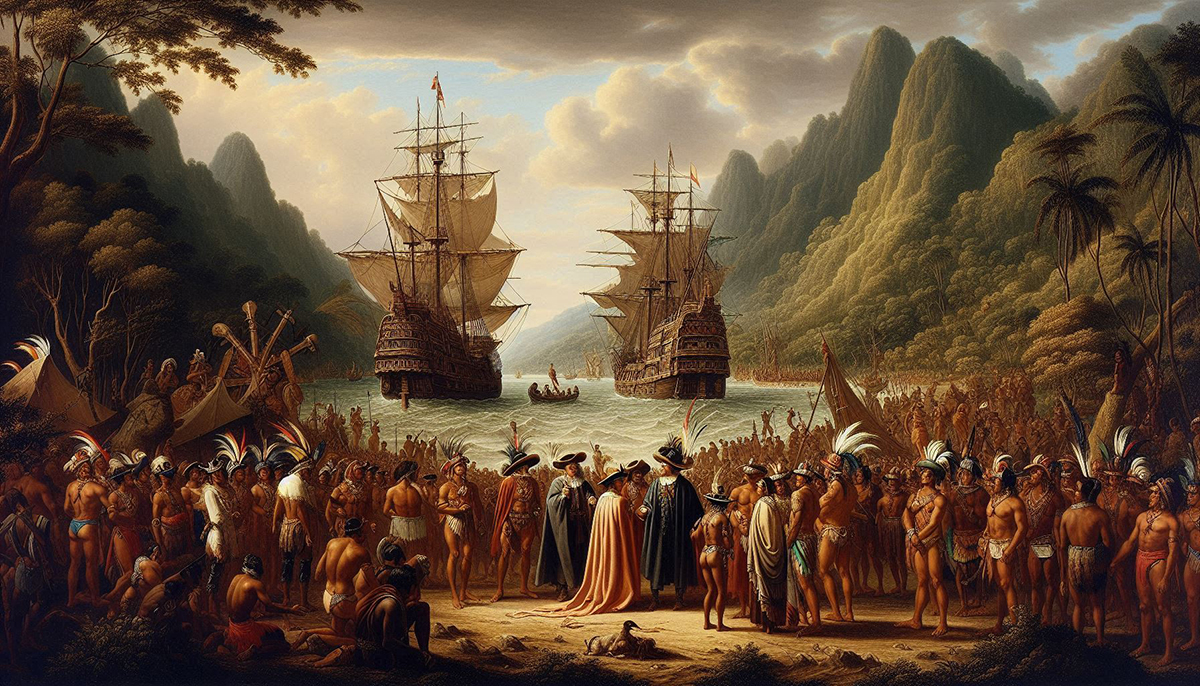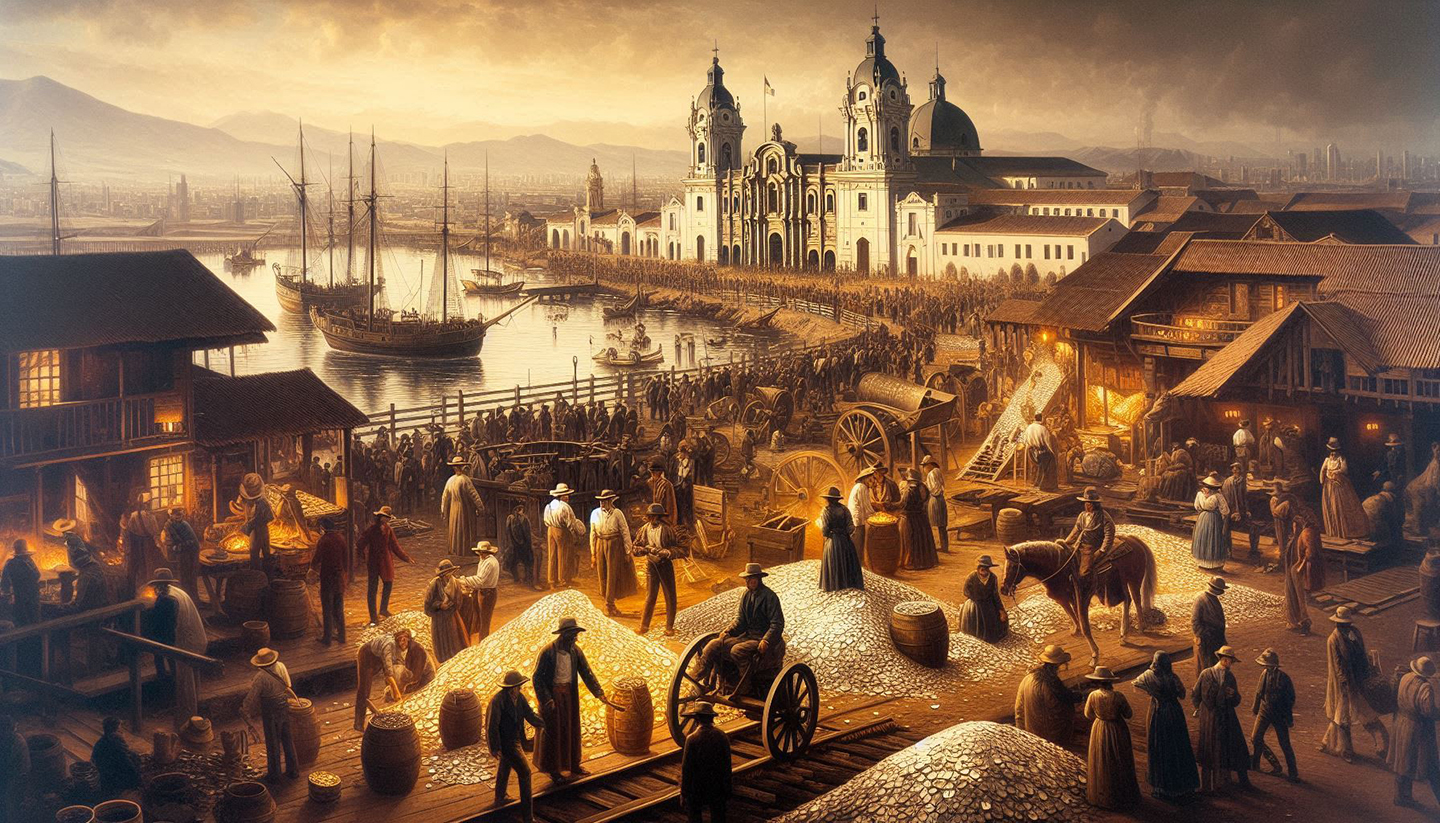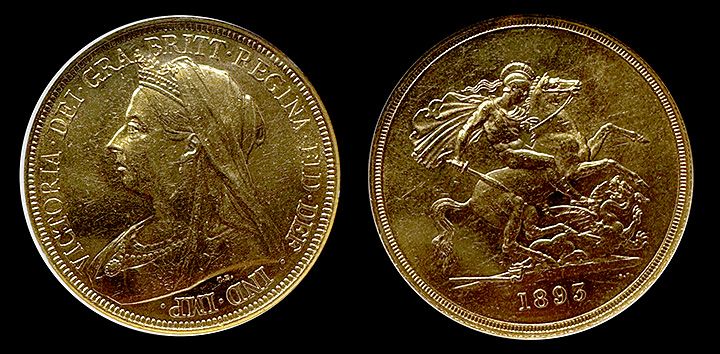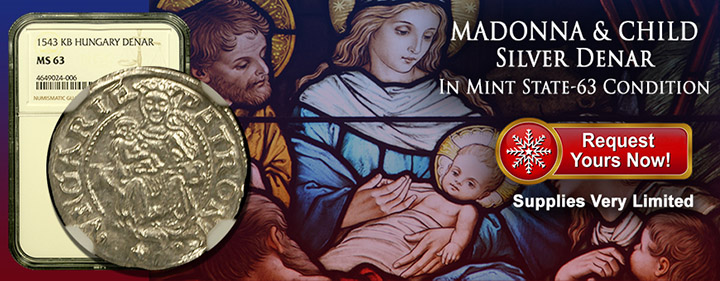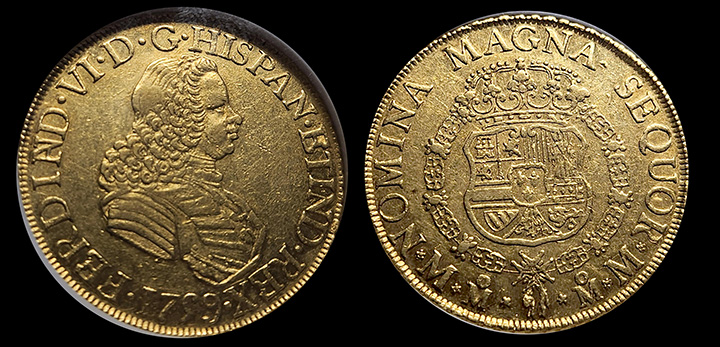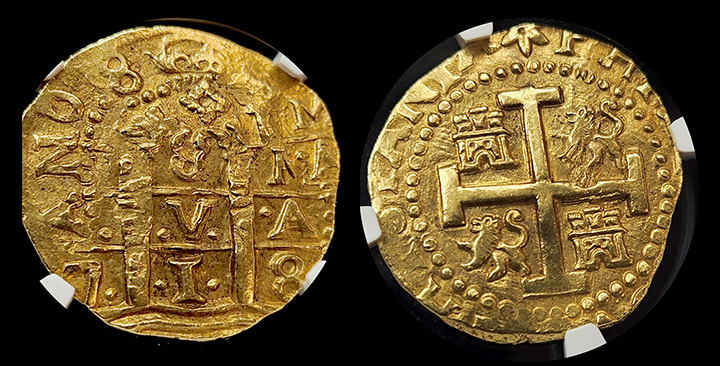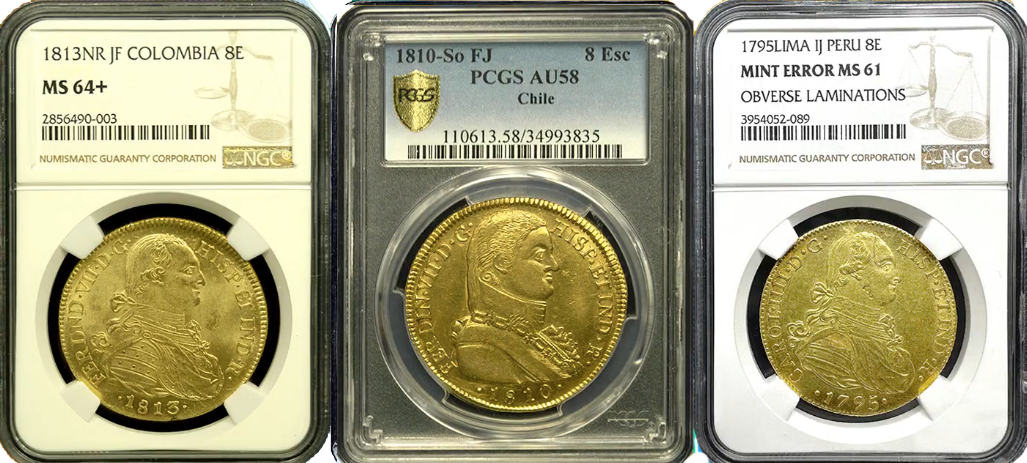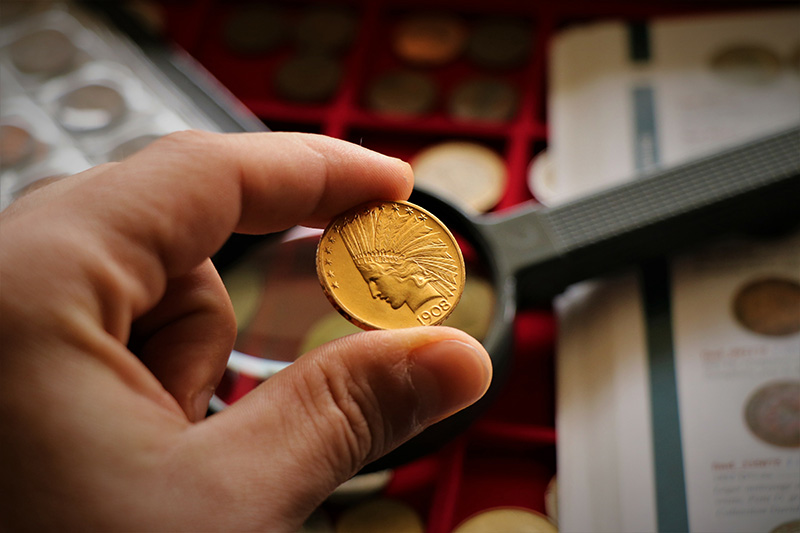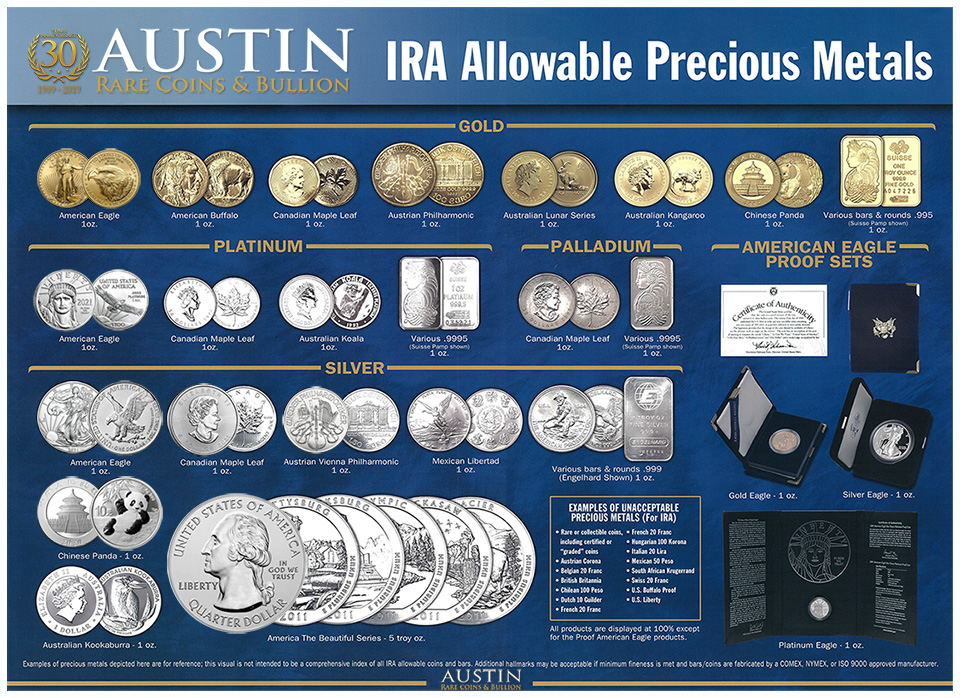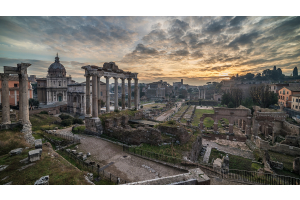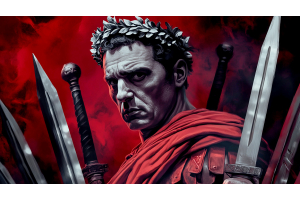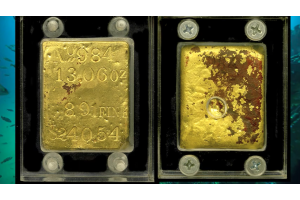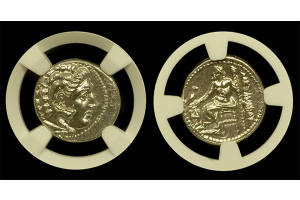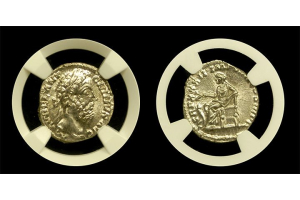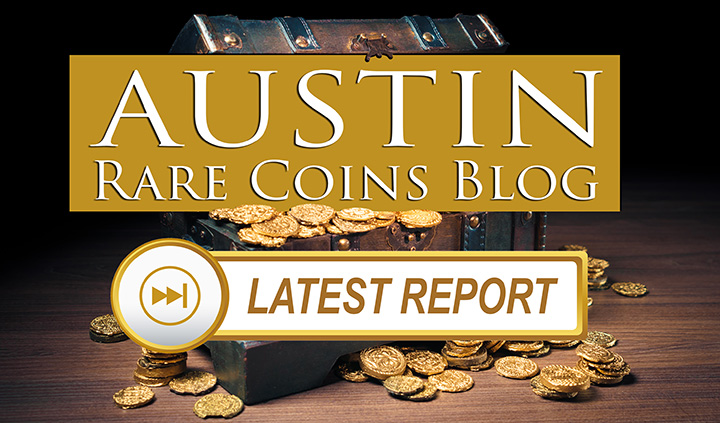Rare World Coins
- Posted: August 14, 2025Read more »
A Historical Journey
The evolution of German coinage reflects centuries of political change, economic necessity, and cultural transformation. Each coin tells a story of rulers, wars, and shifting borders. By studying them, we can trace how Germany itself evolved. This journey reveals much about the forces that shaped Europe.
Medieval Roots of German Coinage
The story of German coinage begins long before the eighteenth century. Medieval Germany, bound within the Holy Roman Empire, maintained countless mints. Princes, bishops, and free cities all struck their own coins. The result was a complex web of currencies
- Posted: June 20, 2025Read more »
The Arrival of Spain in the New World
In 1492, Christopher Columbus landed in the Caribbean under the Spanish crown. His voyage marked the beginning of European colonization. Spain, eager to expand its empire, quickly followed with more expeditions. Soon after, explorers like Hernán Cortés and Francisco Pizarro arrived, driven by gold, glory, and God.
The Spanish crown financed these expeditions to secure land, convert indigenous people, and extract valuable resources. As more ships arrived, native societies faced profound disruption. The Spanish brought firearms, steel, horses, and diseases—tools that gave them a terrifying advantage.
Although indigenous civilizations like the Aztecs and Incas showed strength, Spain eventually dominated them. Disease decimated millions, and Spanish military tactics overwhelmed
- Posted: April 25, 2025Read more »
Peru in the 1700s: A Colonial Powerhouse Forged in Gold and Glory
In the 18th century, Peru stood as the beating heart of the Spanish Empire in the Americas. While other colonies produced sugar or silver, Peru offered more—wealth, culture, and strategy. At the center of this powerful colony was Lima, a city whose influence stretched across oceans.
Through military might, cultural brilliance, and gold-backed dominance, Peru became essential to Spain’s survival and supremacy. This is the story of how it happened.
Lima: The
- Posted: January 10, 2025Read more »
Early Life and Rise to the Throne
Queen Victoria of the British Empire was born on May 24, 1819, at Kensington Palace in London. She was the daughter of Prince Edward, Duke of Kent, and Princess Victoria of Saxe-Coburg-Saalfeld. As the niece of King William IV, Victoria unexpectedly ascended the throne in June 1837 at just 18 years old. Her reign would become the longest of any British monarch at the time, spanning an impressive 63 years.
From the beginning, Victoria brought the monarchy a new sense of purpose and stability. Though young and inexperienced, she worked closely with her advisors. Additionally, she established herself as a capable and determined leader. Moreover, her marriage to Prince Albert of Saxe-Coburg and Gotha in 1840 significantly shaped her reign. Their partnership was one of mutual respect and shared vision, laying the foundation for many of the
- Posted: December 13, 2024Read more »
Rare Coins in History Related to Christmas
Christmas-related rare coins often carry stories from history, and some of these coins directly connect to Christmas. From ancient times to modern commemoratives, these coins highlight the traditions, legends, and symbols of the holiday season. Let’s explore some fascinating coins tied to Christmas across various eras and cultures.
Coins Associated with the Three Wise Men
The story of the Three Wise Men has fascinated people for centuries. These Magi, likely hailing from regions such as Persia, Arabia, or India, brought gifts of gold, frankincense, and myrrh to the infant Jesus. Gold was not just a gift but also a form of currency. Coins from these regions, such as Persian darics or Arabian shekels, provide a glimpse into the trade
- Posted: December 06, 2024Read more »
The Rich History of Mexican Coinage: From the 8 Escudo to Modern Currency
The evolution of Mexican Coinage has a rich history that reflects its cultural and economic evolution. Mexico's coins have captured significant historical moments from the Spanish colonial era to modern times. The story of Mexican coinage spans centuries, encompassing colonial wealth, revolutionary transformations, and the modern era of artistic designs. This blog explores key periods in Mexican history and the coins that defined them, including the iconic 8 Escudo and its enduring legacy among collectors.
- Posted: July 09, 2024Read more »
The historic 1715 Fleet Shipwreck holds legendary status among maritime disasters. This catastrophe occurred on the eastern coast of Florida on July 31, 1715, when Spanish ships laden with treasure met their end.
The Fleet's Departure
The Spanish fleet set sail from Havana, Cuba, aiming to return to Spain. Altogether, the ships carried a vast fortune of gold, silver, and precious gems. In fact, the treasure's estimated worth was millions of pesos, and the ships formed a crucial part of Spain's colonial wealth.
The Storm That Changed History
A violent hurricane struck the fleet off the coast of Florida without warning. The ships struggled against fierce winds and waves, but the fleet
- Posted: March 27, 2024Read more »
Introduction
In the annals of South American history, the legacy of Spanish colonization looms large. Above all, it profoundly shaped the region's cultural, social, and economic landscapes. Central to this influence was the establishment of a robust monetary system, centered around the escudo. This article delves into the origins, evolution, and impact of the history of South American escudos. Basically, tracing their journey from the Spanish conquest to their enduring legacy in modern times.
Origins of Spanish Colonization in South America:
The origins of Spanish colonization in South America trace back to the early 16th century. Particularly, when Spanish explorers, spurred by dreams of
- Posted: January 26, 2024Categories: Electrum Coins, Rare US Coins, Rare Gold Coins, Egyptian Empire, Alexander the Great, Rare World Coins, Rare Silver Coins, Shipwreck Coins, Medieval Coins, Ancient Persian Coins, Ancient Roman Coins, Silver Reales, Ancient Coins, Gold Escudos, Macedonian Empire, Ancient Greek Coins, Byzantine Empire, US Bronze Medal, Platinum Coins, World Gold Coins, Gold and Silver Bullion, Lydian Empire, Ancient Silver Coins, Ancient Egyptian EmpireRead more »
Introduction: A Guide to Building Your Unique Treasure
In the world of rare coin collecting, enthusiasts are captivated by history and welcome tips on collecting rare coins. Museums, such as the American Numismatic Association Money Museum, showcase extraordinary collections. The Smithsonian National Numismatic Collection and the British Museum contribute to our appreciation of rare coins, emphasizing their historical significance.
The allure of rare coins extends beyond museum walls. Auction houses and private collectors frequently make these numismatic treasures available for sale. Rare coin collecting is not just a cultural and historical journey; it's also an opportunity for financial gain. Rare collections, featuring sought-after coins, can
- Posted: January 14, 2024Read more »
Embarking on the journey of building a secure financial future through Precious Metals IRAs is a prudent choice. However, it's essential to navigate the specific guidelines governing these investment vehicles. While the allure of rare coins is undeniable, the Internal Revenue Service (IRS) has established stringent criteria for inclusion in Precious Metals IRAs. Consequently, rare coins aren't allowed in your precious metals IRA.
In this exploration, we uncover the reasons why rare coins aren't allowed in your precious metals IRA. Even though rare coins have historical significance and collectible appeal, they find themselves on the sidelines of tax-advantaged retirement accounts. Understanding the rationale behind the exclusion is important.




